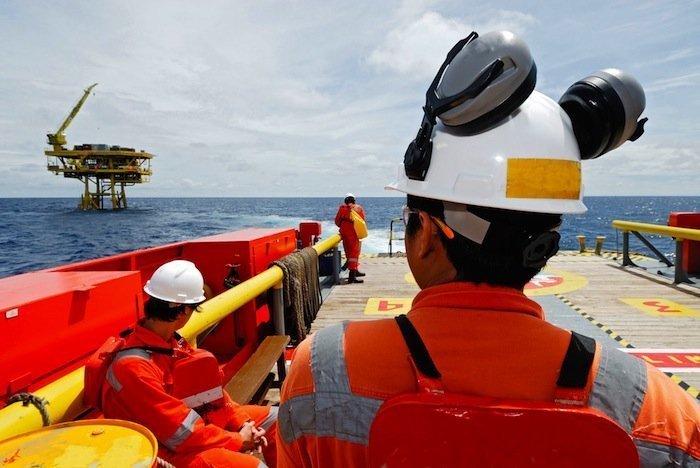Report highlights shortage of qualified mariners to meet requirements of proposed US crewing legislation

The International Marine Contractors Association (IMCA) has published a report, Global Specialist Offshore Support Vessel Market Overview, highlighting the risks to the US offshore energy industry should proposed crewing legislation, referred to as the American Offshore Workers Fairness Act, be passed into law by the US Senate.
According to the report, “The huge demand for US mariners, crew, and technicians to safely operate [offshore construction] vessels is materially undersupplied and there are not enough training programs and other initiatives underway to resolve this in the short term. This will be particularly true for the emerging SOV market because this work must be accomplished by coastwise qualified vessels requiring all US crew. Similarly, while not specifically categorized in this report, the offshore wind market should drive the need for coastwise CTVs and thus the demand for more qualified mariners.”
Allen Leatt, CEO of IMCA, said in a statement: “Increasing demand for the development of offshore energy sources is clear for all to see, in both the offshore wind and offshore oil and gas industries. The international fleet of construction vessels and their crew will be essential to meet national energy goals and the proposed crewing legislation will severely degrade the pace of development in the US.”
A letter to the Senate from the American Clean Power Association, signed by the CEOs of 25 companies involved in the US offshore wind industry, supports this message. The CEOs urge the Senate to exclude a provision that they say, “would derail the nascent US offshore wind industry, namely the maritime crewing language in the House-passed Don Young Coast Guard Authorization Act of 2022 (H.R. 6865) and seek other solutions to reach our shared goal of maximizing the number of domestic mariners.”
The letter notes that the crewing provision would block the use of international specialized offshore vessels “when there are currently no US-flagged specialized construction vessels to do the work needed.”

Time to build and train. Not a time for excuses. America needs to stand up for itself.